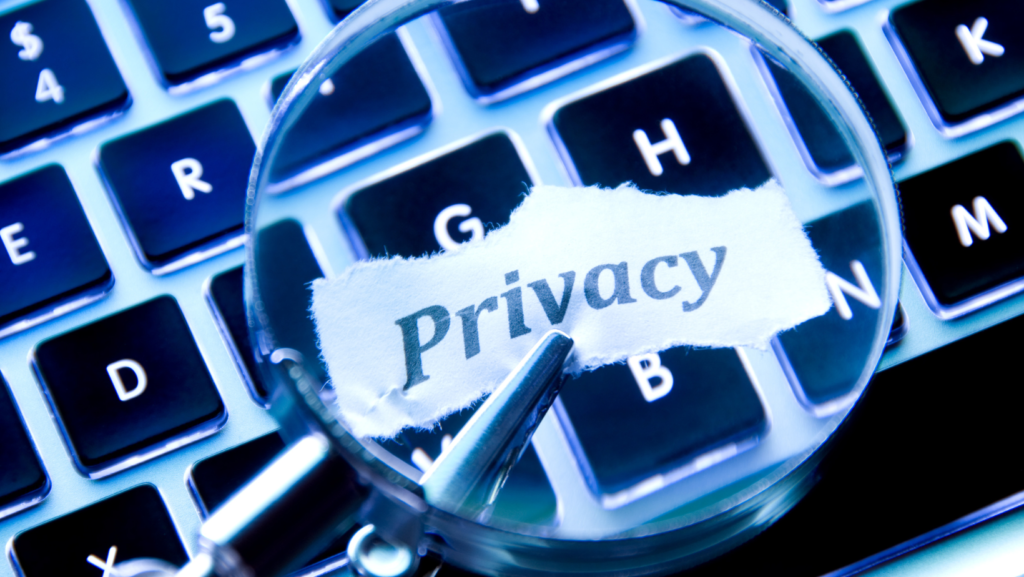Online Privacy and Security are the two most crucial pillars of a safe digital experience. It refers to the measures and practices we should adopt to protect our personal information and digital assets from unauthorized access and breaches, which are rampant in this age of interconnectivity.
The Importance of Online Privacy
Understanding the significance of online privacy is the first step towards accomplishing it. With the increasing digitization of our lives, protecting our personal information from misuse has emerged as a pressing necessity. Online privacy ensures that your personal and sensitive data, such as your financial details or identification documents, stay out of the reach of cybercriminals.
The Role of Online Security
While online privacy deals with protecting your data, online security focuses on safeguarding your digital devices from harmful attacks. This includes securing your computers, smartphones, and other connected devices from malware, viruses, phishing attempts, and other forms of cyberattacks.
Online Privacy and Security – The Connection
Online privacy and security are intertwined. A robust online security framework is essential for ensuring online privacy. Without adequate security measures, your private data can easily fall into the wrong hands. Therefore, it’s vital to understand that these two aspects go hand in hand in providing a secure internet experience.
Risks
In today’s hyperconnected world, threats to online privacy and security are omnipresent. From malware to phishing scams, data breaches to identity theft, there is a multitude of ways your online privacy and security can be compromised.
Understanding Malware
Malware, or malicious software, is designed to harm your devices or steal your data. It includes viruses, worms, trojan horses, ransomware, spyware, adware, and more.
Phishing Scams
Phishing scams are deceptive attempts by hackers to trick you into providing sensitive information, such as passwords or credit card numbers, often through seemingly legitimate emails or messages.
Data Breaches
Data breaches occur when cybercriminals infiltrate a database to extract sensitive information. These breaches can lead to identity theft and significant financial loss.
Identity Theft
Identity theft involves the unauthorized use of your personal information to commit fraud or other crimes. This can significantly damage your financial health and reputation.
Protecting Personal Information
Now that we understand the risks, let’s delve into the measures we can take to protect our online privacy and security.
Using Strong, Unique Passwords
One of the simplest yet most effective ways to enhance online privacy and security is by using strong, unique passwords for all your online accounts. Avoid using easily guessable passwords, such as ‘123456’ or ‘password’. Instead, use a mix of upper and lower case letters, numbers, and special characters.
Two-factor authentication (2FA)
Two-factor authentication (2FA) adds an extra layer of security to your online accounts by requiring two types of information before you can access them. This usually includes something you know (like a password) and something you have (like a code sent to your phone).
Regular Updates
Regularly updating your devices and applications is crucial for maintaining your personal information safe. Updates often include security patches for newly discovered vulnerabilities that could be exploited by hackers.
Using a VPN
A Virtual Private Network (VPN) can greatly enhance your online privacy and security by encrypting your internet connection and masking your IP address. This makes it harder for third parties to track your online activities.
Recognizing and Avoiding Phishing Attempts
Being able to recognize phishing attempts and knowing how to avoid them is crucial to protecting your personal information online. Always be wary of unsolicited emails or messages asking for personal information and never click on suspicious links.
Using Antivirus Software
Antivirus software is a critical tool for online privacy and security. It can detect and remove malware from your device, protecting it from threats.
Secure Wi-Fi Networks
Always use secure Wi-Fi networks, especially when conducting sensitive transactions like online banking. Public Wi-Fi networks are often unsecured and can be a hotbed for cybercriminals.
Privacy Settings
Check the privacy settings of your online accounts and adjust them according to your comfort level. Limit the amount of personal information you share online.
Regular Backups
Regularly backing up your data can help protect your online privacy and security. In case of a data breach or a ransomware attack, backups can ensure you don’t lose important information.
Educate Yourself
Lastly, the most effective way to enhance your information online is by educating yourself about the latest threats and protection measures. Stay informed and stay safe.
In conclusion, online privacy and security are not just buzzwords but essential aspects of our digital lives. By understanding the risks and adopting the right practices, we can significantly reduce our vulnerability to cyber threats and enjoy a safer online experience.

